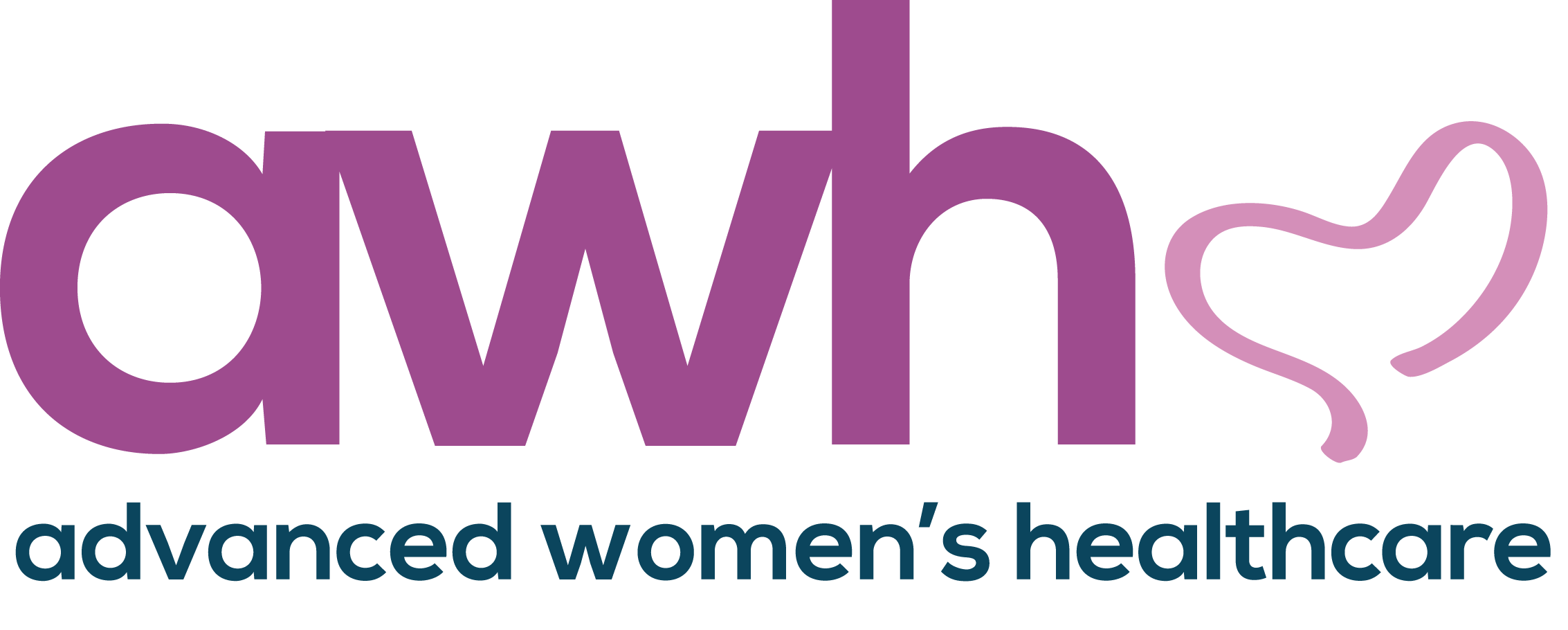During this universal week of celebration, let’s discuss the benefits of breastfeeding.
World Breastfeeding Week is celebrated every year between August 1 and 7 in more than 120 countries to improve the health of mothers and babies around the world. In August of 1990, the World Health Organization (WHO) and UNICEF created the Innocenti Declaration to promote the positive health benefits of breastfeeding as well as to expand awareness and protections for breastfeeding mothers.
World Breastfeeding Week (WBW) began in 1992, with annual themes to support women caring for their babies. These themes have included healthcare systems, women and work, the International Code of Marketing of Breastmilk Substitutes, community support, ecology, economy, science, education and human rights. In 2018, a World Health Assembly resolution endorsed WBW as an important breastfeeding promotion strategy.
 The Benefits of Breastfeeding
The Benefits of Breastfeeding
Breastfeeding is important to the health and well-being of new babies and moms. The nutrients and antibodies in breast milk help babies fight off illnesses, infections and other potential health threats, and breastfeeding helps new mothers bond with their baby.
Breastfeeding is a unique process that:
- Provides ideal nutrition for infants and contributes to their healthy growth and development.
- Reduces incidence and severity of infectious diseases, thereby lowering infant morbidity and mortality.
- Contributes to women’s health by reducing the risk of breast and ovarian cancer, and by increasing the spacing between pregnancies.
- Provides social and economic benefits to the family and the nation.
Breastfeeding is the best way to provide newborns with the nutrients they need. WHO recommends exclusive breastfeeding until a baby is six months old, and continued breastfeeding with the addition of nutritious complementary foods for up to two years or beyond.
Infants who are breastfed show reduced signs of:
- Asthma
- Obesity
- Type 1 diabetes
- Severe lower respiratory disease
- Acute otitis media (ear infections)
- Sudden infant death syndrome (SIDS)
- Gastrointestinal infections (diarrhea/vomiting)
Breastfeeding can help lower a mother’s risk of:
- High blood pressure
- Type 2 diabetes
- Ovarian cancer
- Breast cancer
5 Tips for Successful Breastfeeding
- 1Take a breastfeeding class before delivery so you are prepared.
- Keep your baby skin-to-skin or with you as much as possible after delivery.
- Ask for assistance with breastfeeding in the hospital.
- Watch your baby to make sure he or she meets the signs they are getting enough during breastfeeding: the baby should be eating at least 8 times in a 24-hour period on the baby’s cue, not a clocked schedule.
- Plan a follow-up appointment with your doctor for a baby weight check and for breastfeeding help within 2-3 days of delivery. This will help to find any challenges early on.
If you are pregnant or breastfeeding or planning for either, contact us today!





